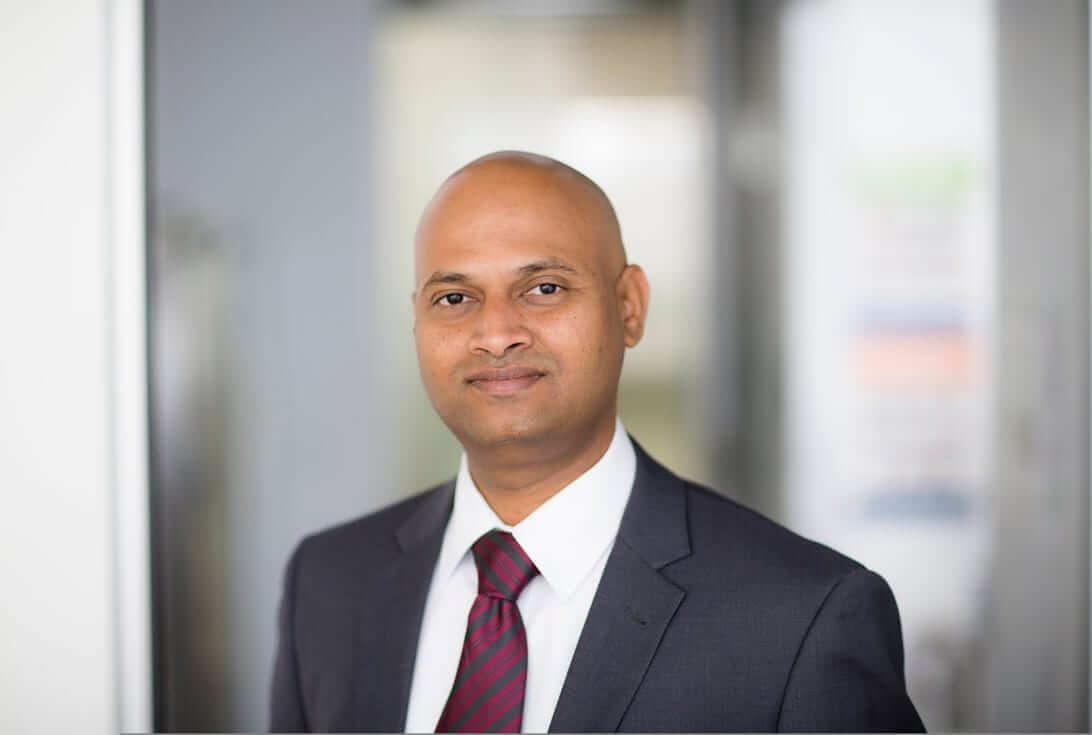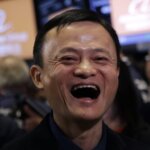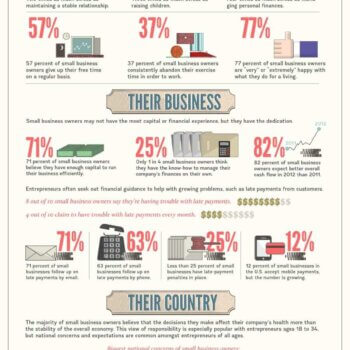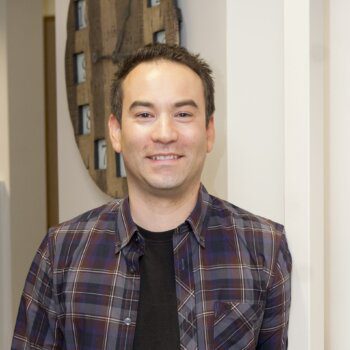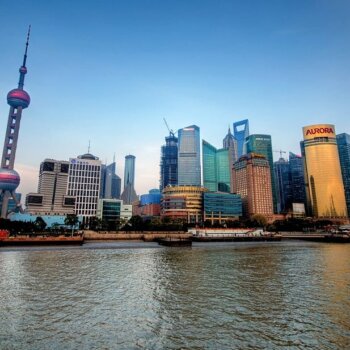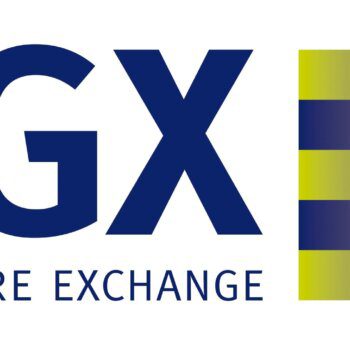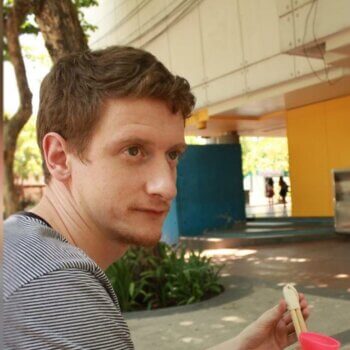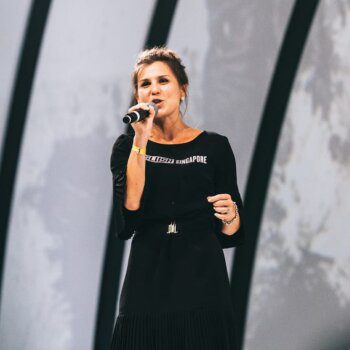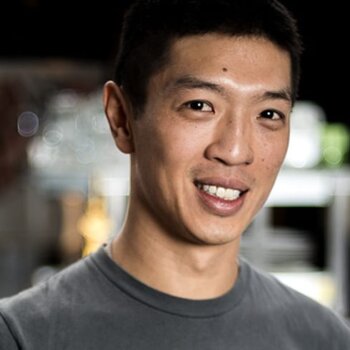In this techno-changing world, using data to make decisions is a powerful and effective tool for this young entrepreneur and his business NextG.
What’s your story?
I have been an information technology researcher for about 15 years, researching and developing signal processing and machine learning algorithms for compelling applications in digital entertainment and healthcare sectors.
In 2013, I founded and manage NextGMultimedia Pty Ltd, a cloud computing start-up in Melbourne Australia. We (NextG team) help clients build data driven, analytic systems that improve health and well-being. One of the projects we completed recently is a development of a cognitive analysis platform for www.activememory.com
With the NextG team, I engage with university research teams, start-ups and entrepreneurs to develop commercially viable applications and prototypes for the target audience.
What excites you most about your industry?
In my industry, i.e. information technology, we can build systems to support activities in different disciplines. Since we can measure these activities in terms of data points, we are able to make qualitative decisions based on data. This is really interesting because data driven decision making allows me an opportunity to distance myself from my biases in decision making.
What’s your connection to Asia?
I was born and trained in Asia. I was born and schooled in Sri Lanka, completed undergraduate studies in India, completed doctoral studies and worked as a researcher in Singapore. Currently I am living in Melbourne, Australia.
Favourite city in Asia for business and why?
Singapore. I like the high entrepreneurial spirit and support in Singapore.
What’s the best piece of advice you ever received?
Best piece of advice I ever received –“It’s okay to fail, but don’t lose the focus.”
Who inspires you?
My mother
She is a hardworking, and action driven woman.
What have you just learnt recently that blew you away?
It is so exciting to see the technologies that I developed are used by a large number of people on a daily basis to improve their well-being. That blows me away.
If you had your time again, what would you do differently?
The experiential learning that I have gained through the journey of my professional and personal life is invaluable. Therefore I don’t know what I would do differently or similarly, if I had my time again. I look forward to applying my learning to the present and future.
How do you unwind?
I listen to talks given by venerable Ajahn Brahm. Playing guitar and talking with my family and friends.
Favourite Asian destination for relaxation? Why?
Sri Lanka. To me nothing feels more relaxing than being in Sri Lanka where I lived 20 years. I enjoy spicy food, and tropical weather and nature – beach and green trees.
Everyone in business should read this book:
There are lot of good books related to ethical leadership. However I find the book Good? Bad? Who Knows? by venerable Ajahn Brahm is a good toolbox to keep on top of things in this fast moving life.
Shameless plug for your business:
If you have cool technology and if you are believe in it, let’s discuss it. I am happy to help you find possible ways to connect your technology used by the public.
How can people connect with you?
https://au.linkedin.com/in/namunumaddage
—
This interview was part of the Callum Connect’s column found on The Asian Entrepreneur:
Callum Laing invests and buys small businesses in a range of industries around Asia. He has previously started, built and sold half a dozen businesses and is the founder & owner of Fitness-Buffet a company delivering employee wellness solutions in 12 countries. He is a Director of, amongst others, Key Person of Influence. A 40 week training program for business owners and executives.
Take the ‘Key Person of Influence’ scorecard <http://www.keypersonofinfluence.com/scorecard/>
Connect with Callum here:
twitter.com/laingcallum
linkedin.com/in/callumlaing
Get his free ‘Asia Snapshot’ report from www.callumlaing.com
